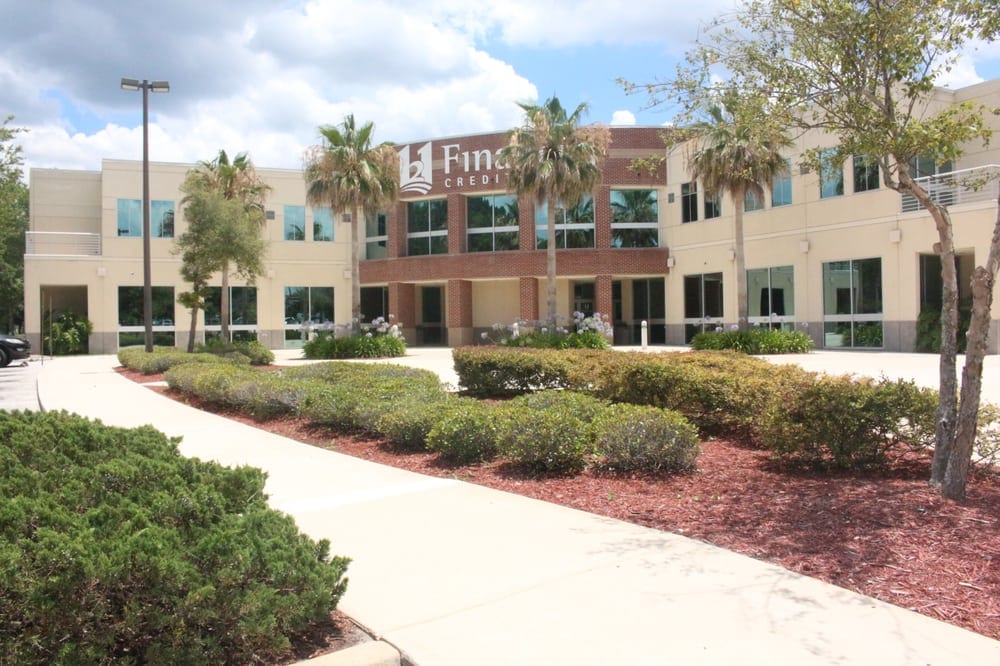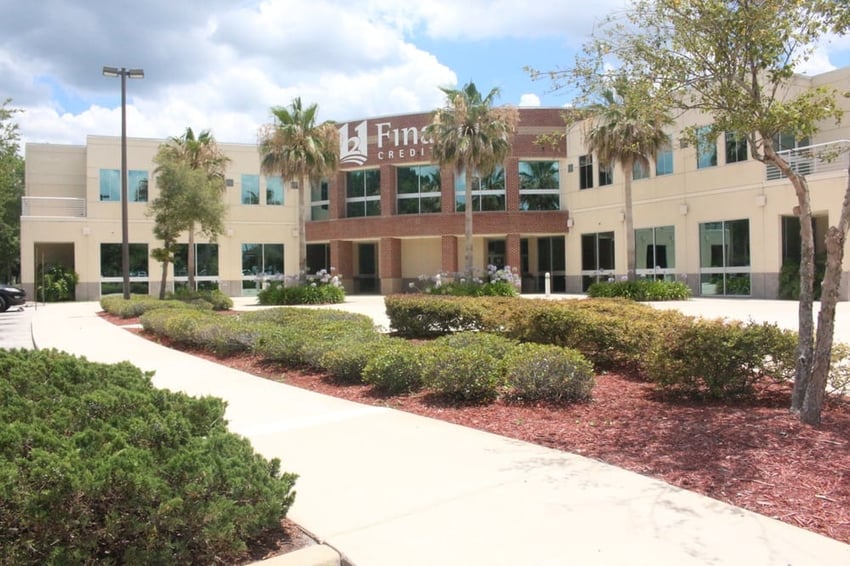
Are Credit Unions FDIC Insured? | 121 Financial Credit Union
Are credit unions FDIC insured? In this article, we'll take a look at some of the protections offered to members of credit unions.
The whole point of placing your money with a financial institution is to keep it safe. If an institution can't guarantee you that, at least, then there's no reason to entrust it with your hard-earned money.
One key way that financial institutions protect the money you deposit into an account there from loss for circumstances beyond your control is with insurance.
Are Credit Unions FDIC Insured?

Most people are familiar with one particular type of depositor insurance called FDIC (Federal Deposit Insurance Corporation) insurance. This is the type of depositor insurance most banks provide on their accounts. That is not, however, the only type of depositor's insurance.
So, while the answer to the question, "Are credit unions FDIC insured?" may be no, the answer to the question, "Are credit unions federally-insured similarly to how FDIC insurance insures banks," is an absolute yes. They just carry a different type of federal depositors insurance known as NCUSIF insurance.
National Credit Union Share Insurance Fund (NCUSIF)
Instead of carrying FDIC insurance, credit unions can carry insurance through the National Credit Union Insurance Fund (NCUSIF.) Provided by the National Credit Union Administration (NCUA,) a US government agency created in 1970 by the US Congress to protect member share accounts in federal and federally-protected credit unions, NCUSIF insurance is backed, like FDIC insurance, by the US Treasury.
Like FDIC insurance, NCUSIF insurance protects your money in the case of an institutional failure that exhausts your accounts. If such an eventuality occurs, whether, at an FDIC-insured bank or an NCUSIF-insured credit union, the US Treasury agrees to replace those lost amounts. According to the NCUA itself, no account-holder at any federally-insured credit union has ever lost a penny of savings due to a credit union failure.
A federally-insured credit union is required by law to insure at least 1% of its deposits through the Share Insurance Fund. Currently, the Share Insurance Fund carries approximately 1.3% of deposits from federally-insured credit unions.
How to Know if a Credit Union is Insured
An important caveat to all this is that not all credit unions carry NCUSIF insurance.
All federal credit unions carry NCUSIF insurance, and so do most state-chartered ones. State-chartered credit unions are overseen by state government regulatory boards as opposed to the NCUA, which, in addition to providing NCUSIF insurance, also has regulatory oversight over federal credit unions.
State-chartered credit unions can choose to carry NCUSIF insurance. They can also opt to carry private insurance in addition or instead. (More on private depositors insurance in a later section below.)
Other types of credit unions also may or may not be NCUSIF insured or carry private insurance on deposits. Since any federal or state government authority does not regulate these other types of credit unions besides federal and state-chartered one, they may well not carry any depositors insurance at all.
Therefore, before depositing any money into an account with a credit union, make sure you know if and how that credit union is insured. Be aware that no federally-insured credit union can suggest that it provides depositor insurance coverage any differently than is so outlined by NCUA rules and the Federal Credit Union Act.
How to Tell if a Credit Union is Insured
Fortunately, it isn't difficult to tell whether a credit union is federally-insured.
Any credit union carrying NCUSIF insurance is required to display the NCUA official insurance sign prominently at any physical branches and online on the institution's website if the website allows people to open accounts or make deposits. Within each branch, the sign must be displayed at every teller station and anywhere else where deposits are typically accepted, such as ATMs.
Private Depositors Insurance
Some credit unions may be privately insured instead of or in addition to carrying NCUSIF insurance. The key differences between private and federal insurance to be aware of are that private insurance is not backed by the full faith and force of the US government, and funds from the US Treasury do not secure it.
Therefore, before considering an account with any credit union that uses private insurance to protect funds, research the details of coverage and the source—including both the company providing the private insurance and the source of those funds, in order to determine how much security it actually provides.
Read the policy or terms carefully as well to be sure you know how much of your savings are insured and which account types and investment vehicles are covered by that insurance. Note that a credit union may also make distinctions in depositors' insurance coverage based on whether an account is classified as a personal, business, or government account.
No credit union is allowed to terminate its NCUSIF insurance without notifying its members first.
How Much Money Does the NCUSIF Insure?
Also, just like FDIC insurance, NCUSIF insurance protects up to $250,000 per depositor and institution.
In other words, if you have more than $250,000 saved in a federally-insured credit union account, only the first $250,000 of it is protected. If, however, you have accounts at multiple federally-insured credit unions, then each account is protected separately for up to $250,000 in savings there.
Therefore, if you hypothetically have $500,000 to save, your money would be better protected by splitting it in two and placing each half in a separate federally-insured credit union account: $250,000 in one NCUSIF-insured credit union and the other $250,000 in another. That way, the entire $500,000 is protected.
Note that certain types of credit union accounts are insured separately, giving you the possibility of having more than $250,000 insured at a single credit union, depending on how those funds are all held.
If, for example, you have an IRA in addition to a checking account at a particular credit union, both of those accounts may be separately insured for up to $250,000 each, even though both accounts are held at the same institution.
What Deposits Are and Aren't Insured?
The NCUA doesn't insure all types of credit union accounts.
NCUSIF insurance typically protects savings in the following types of credit union accounts:
- Checking and savings accounts
- Money market accounts and CDs
- IRAs
NCUSIF insurance usually does not protect savings in the following types of credit union accounts:
- Stocks, mutual funds and ETFs
- Annuities and other types of insurance
- Other types of investments
- Safety deposit box items
For questions about NCUSIF insurance or to report an insurance-related issue with a credit union, contact the Office of Consumer Financial Protection.
If you have any more questions about 121 Financial about how we insure your money or if you are interested in becoming a member of our credit union, let's connect. You can also become a member of our credit union by clicking here.
